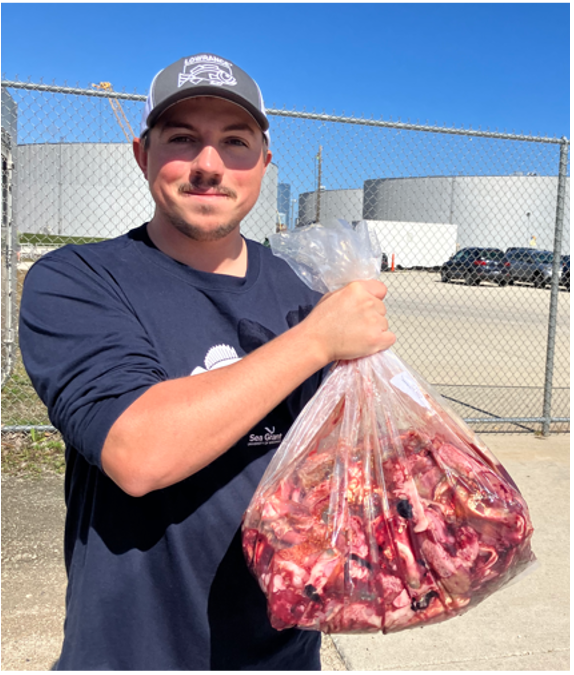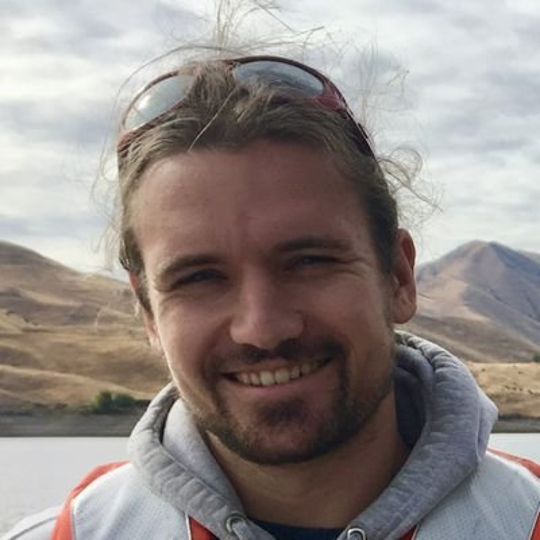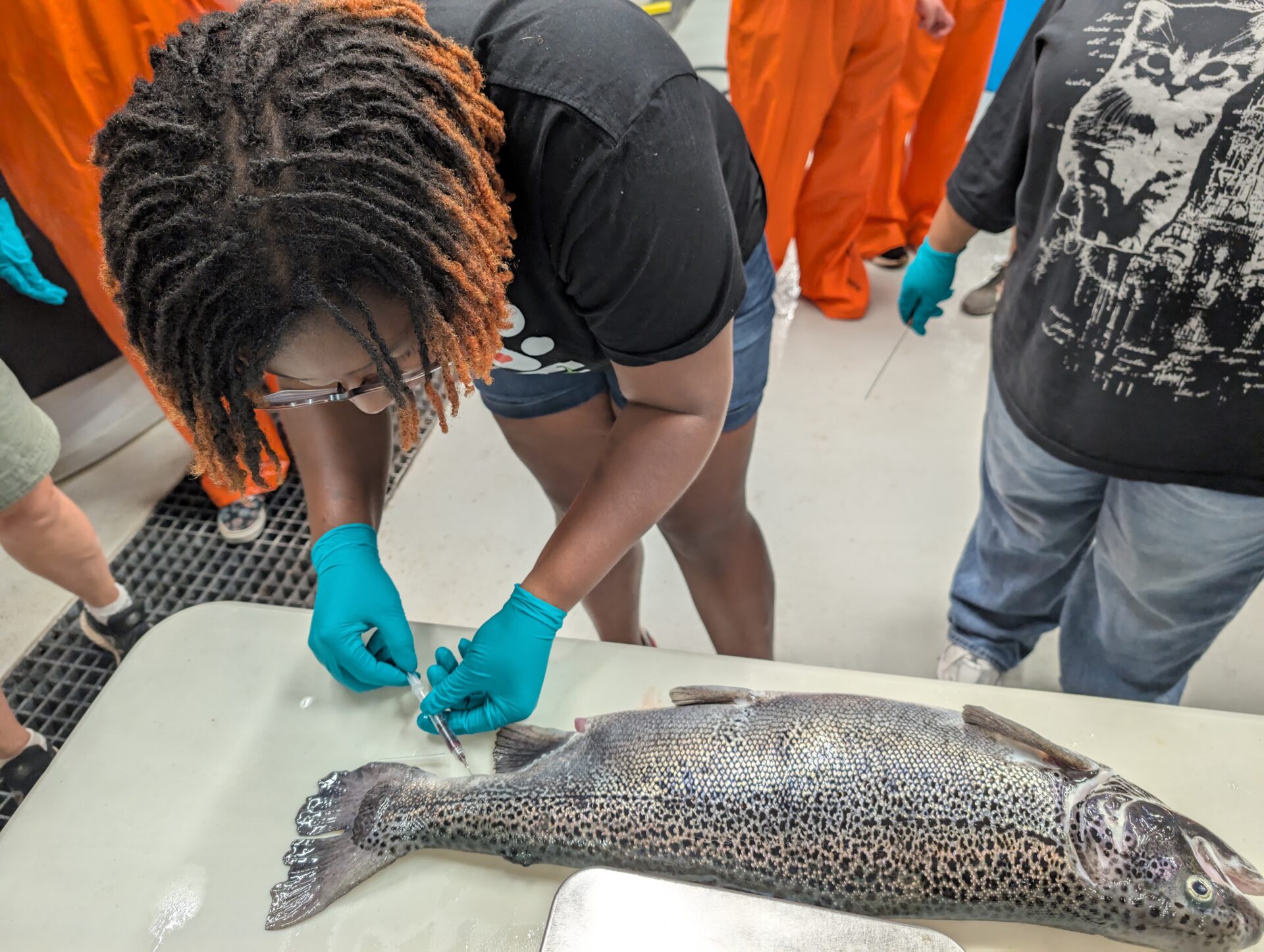Every two years, the Wisconsin Sea Grant Institute looks for new research projects. This cycle’s recent request for research proposals is a little different than usual. It features a special category for economic or social science proposals for the Lake Superior region. These projects will be done in cooperation with the Minnesota Sea Grant Program.
This change reflects a new emphasis by Sea Grant to factor humans into its research program. “Social science studies human behavior,” said Jane Harrison, newly hired Wisconsin Sea Grant social science outreach specialist. “It can complement natural science in that we can understand how best to effect change.”
Harrison explains it like this. If dioxin is the problem being studied, “Fish biologists can tell us the effect of dioxins on fish health,” Harrison said. “But social scientists might be interested in the social and economic factors that impact dioxin levels.”
Dioxin is produced naturally, and it is also a trace byproduct of industrial processes, especially those that involve combustion. Because humans are one of the causes of dioxins in the environment, “We need to figure out how to influence human decision-making regarding dioxin output,” Harrison said.
Harrison credits a greater emphasis on public participation on the part of natural resource agencies for the increase in social scientist hires seen in organizations like Sea Grant, the U.S. Forest Service and the National Oceanic and Atmospheric Administration. “Social scientists can be useful when an organization is trying to understand how best to collaborate with diverse and often competing interests,” Harrison said.
The National Sea Grant Program recently announced that number of social science research projects and the number of programs funding them both increased by about 50 percent between 2010 and 2012, and the amount of federal funding nearly tripled. In 2012, 28 programs funded 67 social science projects totaling nearly $6 million.
Another thing Harrison has noticed is that academic disciplines are becoming more interdisciplinary. “It used to be that sociologists had their own department and environmental scientists were in another. Now, these people are brought together so that they can learn from one another,” Harrison said. “Science is more effective that way. Collaboration can bring together diverse disciplines and schools of thought to solve complex problems.”
The Wisconsin Sea Grant Institute Request for Proposals seeks economic or social science research regarding water-dependent industries and their workforces, ecotourism, and valuation of coastal natural resources and ecosystem services. The proposals must involve researchers from both Minnesota and Wisconsin universities and be specific to Lake Superior. Preliminary proposals are due by December 14.
Another joint request involves changing food webs in Lake Michigan and collaboration with the Illinois/Indiana Sea Grant College Program.





